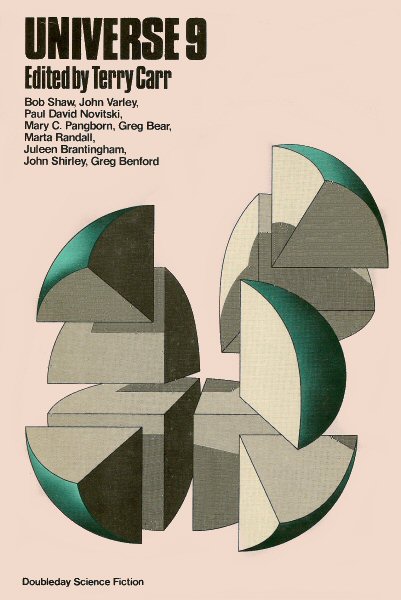Options by John Varley
This story from 1979 feels very much ahead of its time and I think it is relevant and worth reading today for how it explores what gender means for our identity, even though it is based on a traditional binary view of gender.

The setup is surprisingly simple and effective. A simple procedure at the local clinic allow people to change their biological sex - and plenty of people do. The story follows a regular couple with a man - Jules - and a woman - Cleo, where the woman wants to change into a male body and her husband is not really comfortable with that. She gradually makes the change, explores what life is like in a male body and encounter other people who have changed sex as well - some multiple times. Jules stays as one but gradually comes to terms with the new body and identity of Cleo.
While the story is told mostly from Cleos point, Varley gives enough time for the reader to get into and understand both characters and how they feel about the whole ordeal. They have honest, open and relatable conversations about their relationship and what gender means for them. It makes you think about how you see your partner and the complications that arise when there is conflict between one persons own desires and their partners expectation of them. Like I would never require that my wife asked me for permission if she wanted to change her hair, but if she wanted a sex change? I think I would at least be warned first and I am honestly not sure if we could still be together. And those kinds of dilemmas are well explored in this story, with questions on how much our biological gender defines us as a person and whether we could still love that person with a different gender.
What made reading this extra interesting was seeing that is has been discussed on the Young People Read Old SFF site and it was surprising, and thought provoking, to see how much they criticized it. I can understand the criticism on how Varley solely focuses on male and female, and that gender identity is only shown as something connected to your body. But for someone like me, a regular straight white male born in the 80s who have never thought much about gender identity, I need a story like this to force me to reflect on these things - even though it is presented in a very binary male/female way.
Read in The John Varley Reader
Originally published in Universe 9
ISFDB Link
Rating: 5